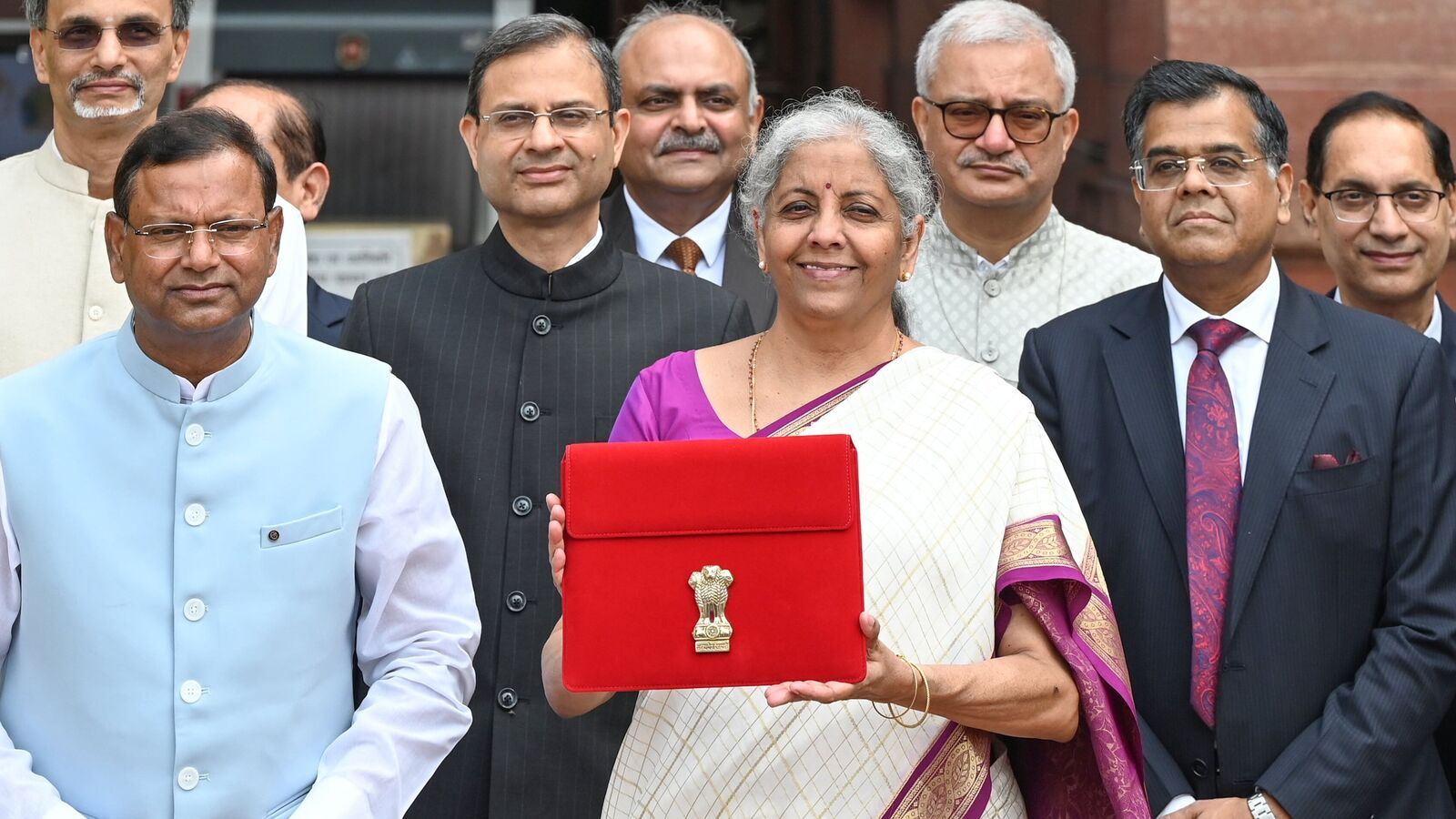India Tables Economic Survey 2024-25: Emphasizing Deregulation as a Key Driver of National Economic Growth

New Delhi, January 31 - The Government of India tabled its Economic Survey 2024-25 on Friday, underscoring deregulation as a pivotal driver behind the nation's economic growth.
The government aims to utilize deregulation wherever feasible and necessary; however, it acknowledges that proper regulatory intervention is required in certain instances. Deregulation is defined as dismantling government oversight of a particular industry with the objective of bolstering competition within the marketplace and stimulating economic expansion.
Chief Economic Advisor (CEA) V. Anantha Nageswaran emphasized that systematic deregulation must be the focus of reforms and economic policy, likening it to peeling an onion. The report highlights sectors like aviation and telecom, which experienced a resurgence after deregulation.
The Narendra Modi government's stance on deregulation has been prominent since its inception in 2014, with over 1,178 laws scrapped - including 335 Acts that amended existing legislation. However, industry experts stress exercising caution to avoid "too much deregulation," which can lead to market imbalances without adequate oversight.
Data reveal a significant rise in foreign direct investments (FDIs), increasing by 17.9% year-on-year (YoY) to $55.6 billion in FY25. Experts stress the need for robust safeguards and structural reforms to bolster India's competitiveness, particularly amidst turbulent geopolitics
Market experts have warned of excessive deregulation potentially resulting in exploitation of resources, systemic risks undermining long-term stability, and market imbalances.
India aims to create an ease-of-doing-business framework with simpler laws and shifting terms. According to the Economic Survey report, potential areas for regulatory reforms include legal status, land and building regulations, labour welfare, utilities, transport, logistics, buying and selling policies, environment regulations, and sector-specific rules like excise and food safety.
Experts predict that the Centre will liberalize standards and controls, establish safeguards for enforcement, reduce tariffs and fees, and incorporate risk-based regulations.
